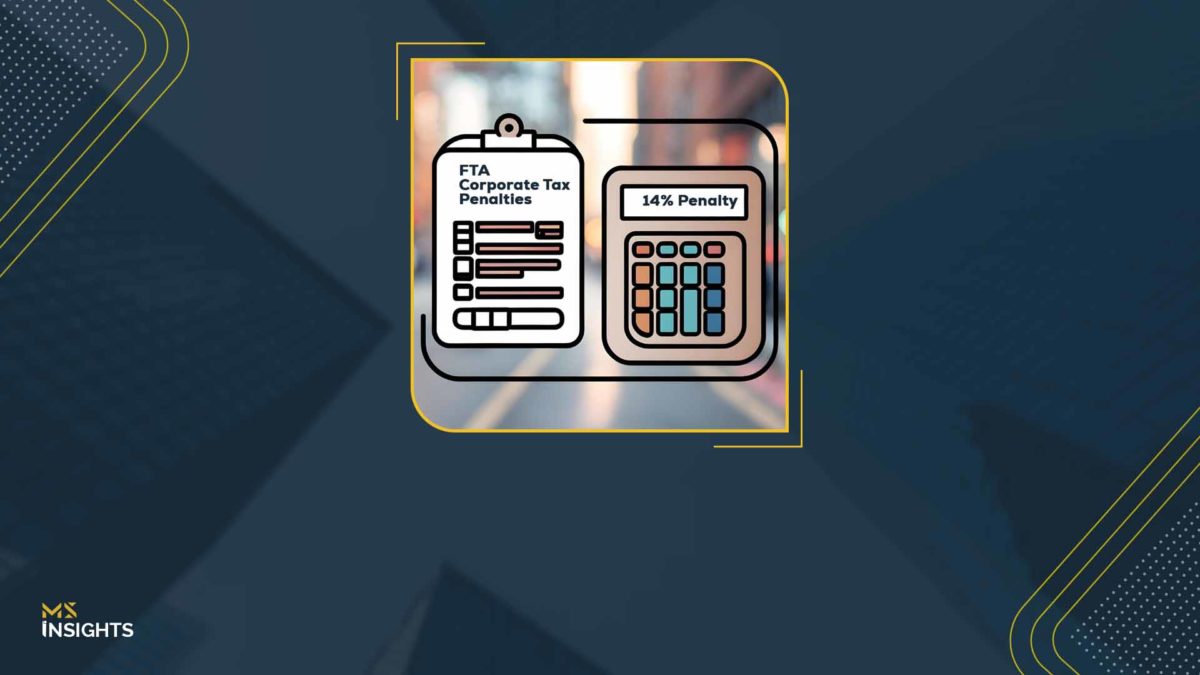Abu Dhabi Global Market (ADGM) and Dubai International Financial Centre (DIFC) are rapidly evolving to align with global financial shifts, from emerging compliance mandates to the rise of AI and fintech innovations. As regulatory frameworks tighten and enforcement actions increase, firms operating in these centers face growing pressures to maintain compliance while driving strategic growth.
The implementation of several critical pillars that act as gatekeepers of these financial centers, effectively risk-proofing businesses while minimizing exposure to criminal, legal, regulatory, and disciplinary risks. One of the most essential roles in this framework is that of the Senior Executive Officer (SEO).
Yet, too often, firms treat the SEOs in ADGM and DIFC as an afterthought. Some assume an internal leader can simply “add” SEO duties to their plate. Others prioritize business strategy first and believe governance can come later. Both approaches are a gamble that can lead to compliance failures, financial penalties, reputational damage, or worse—license suspension.
Who is a Senior Executive Officer (SEO)?
A Senior Executive Officer (SEO) is the highest-ranking executive responsible for leading and managing a regulated financial firm within ADGM or DIFC. Their role extends far beyond regulatory compliance. They are the key to governance, market positioning, and business sustainability.
Every regulated firm in ADGM and DIFC must appoint an SEO, who must be pre-approved by the Financial Services Regulatory Authority (FSRA) in ADGM or the Dubai Financial Services Authority (DFSA) in DIFC. SEOs in ADGM and DIFC must possess extensive experience in financial services, governance, and risk management to ensure the firm operates within regulatory frameworks while seizing business opportunities.
Core Responsibilities of SEOs in ADGM and DIFC
1. Regulatory Stewardship & Compliance Leadership
SEOs are personally accountable for ensuring their firms comply with the stringent regulatory frameworks of ADGM and DIFC, including:
- Understanding and implementing regulatory guidelines set by FSRA and DFSA to maintain compliance at all times.
- Developing and overseeing internal compliance programs to prevent regulatory breaches and financial misconduct.
- Acting as the primary liaison with regulatory authorities, ensuring all reporting obligations and audits are met effectively.
Unlike other authorized roles such as Compliance Officer (CO), Risk Officer (RO), and Money Laundering Reporting Officer (MLRO), the SEO position cannot be outsourced. The SEOs in ADGM and DIFC must be fully present in the UAE and wholly accountable.
2. Corporate Governance & Ethical Leadership
A strong SEO is not just a compliance officer in disguise; they must also be a governance leader. Their duties include:
- Establishing governance frameworks aligned with international best practices.
- Fostering an ethical corporate culture that prioritizes integrity, compliance, and accountability.
- Ensuring boardroom decisions align with regulatory and shareholder interests, minimizing conflicts and ensuring sustainable business practices.
3. Risk Management & Crisis Preparedness
In an increasingly volatile financial landscape, risk management is paramount. SEOs in ADGM and DIFC must:
- Identify, assess, and mitigate risks that could impact business continuity.
- Implement crisis management protocols to respond swiftly to financial disruptions or regulatory challenges.
- Enhance cybersecurity and data protection measures to safeguard the firm against growing cyber threats.
A “Dear SEO Letter” from FSRA or DFSA is not just a routine compliance update—it is a direct communication that sets clear expectations for governance, risk management, and regulatory adherence. Regulators count on SEOs to uphold the integrity of their firms.
4. Strategic Business Expansion & Market Positioning
An SEO must align regulatory compliance with business growth by:
- Exploring new financial products, fintech solutions, and digital transformation initiatives.
- Developing strategic partnerships and alliances that expand the firm’s presence in regional and global markets.
- Positioning the firm competitively within ADGM and DIFC’s dynamic financial ecosystem.
5. Talent Development & Leadership Empowerment
Sustaining long-term success requires strong leadership development. SEOs in ADGM and DIFC play a pivotal role in:
- Grooming future executives within the organization.
- Fostering a diverse and inclusive corporate culture that promotes innovation and employee well-being.
- Ensuring continuous training and development programs to keep teams updated on regulatory and technological advancements.
SEOs in ADGM and DIFC: Why Getting the Role Right is Critical?
The SEO is not just a regulatory requirement. They are the firm’s safeguard against compliance failures, regulatory penalties, and reputational risks. They must be:
- A Strategist who aligns regulation with business growth.
- A Risk Expert who understands governance beyond checkboxes.
- A Resident in the UAE—fully present and fully accountable.
In ADGM and DIFC, the stakes are high. Choosing the right SEO isn’t about fulfilling a mandate—it’s about securing the future of the firm, ensuring compliance, and steering the business through an increasingly complex financial landscape. The question isn’t whether your firm needs an SEO—it’s whether you have the right one to protect and propel your business forward.
Strong Leadership, Stronger Compliance—Hire the Right SEOs in ADGM and DIFC
With increasing regulatory scrutiny, rising growth expectations, and evolving compliance frameworks, your firm needs a Senior Executive Officer (SEO) who doesn’t just understand the landscape—but can lead with confidence and foresight. At MS Executive Search Solutions, we specialize in identifying and securing top-tier SEOs in ADGM and DIFC who bring the perfect blend of regulatory expertise, strategic leadership, and operational agility. With our deep knowledge of ADGM and DIFC’s unique regulatory environments, we ensure you find a leader who is not only qualified but the right fit to drive long-term success.









